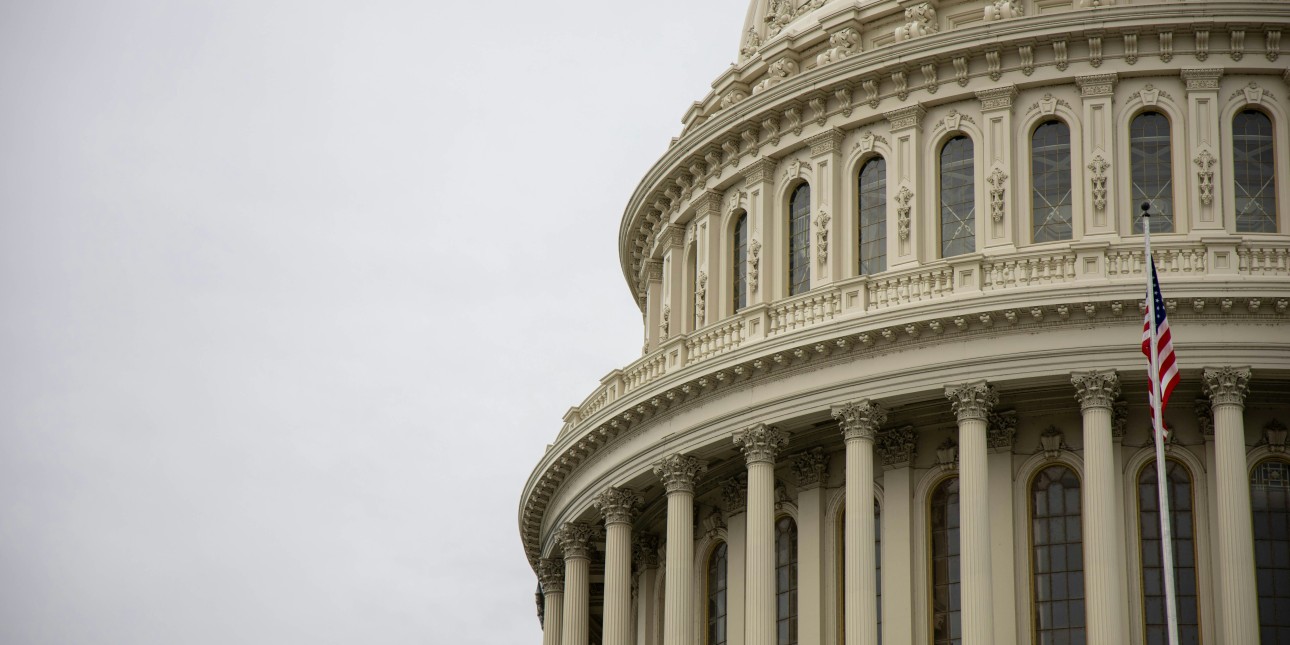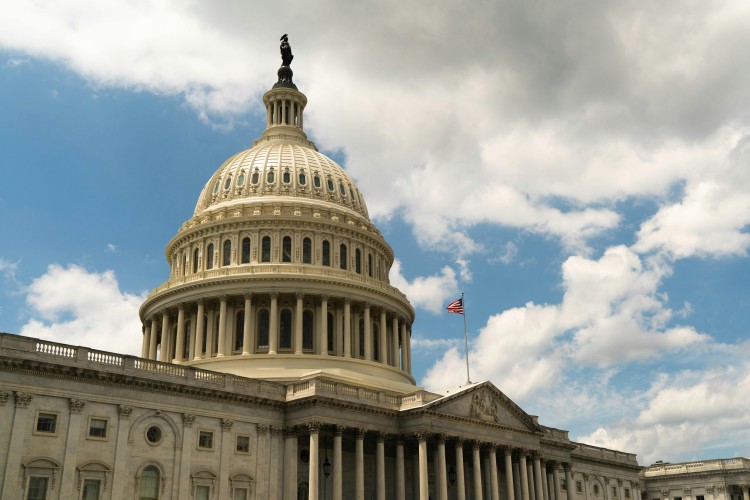U.S. Senate Recommends Level Funding for Runaway and Homeless Youth Programs in FY2025

In July, the United States Senate Appropriations Committee recommended $146.3 million for Runaway and Homeless Youth programs at the Family and Youth Services Bureau (FYSB) in Fiscal Year 2025. This would represent level funding in comparison to FY2024 enacted levels.
While level funding does not meet the needs of the youth homelessness field, it is nonetheless a step in the right direction as the program has avoided cuts in both the House and Senate funding recommendations. Overall funding for discretionary programs are capped in FY2025 and many non-defense programs have been the target of extreme cuts. Youth Collaboratory will build on this year's successful defense of RHY funding to secure additional funding next year when the spending caps are removed.
The Senate Appropriations Committee included instructions to FYSB with its funding recommendation. The Committee continues to instruct FYSB to support prevention work, provide applicants with at least 30 days notification on grant status, and to ensure service delivery is language, gender, and cultural appropriate.
Of note, the Committee included new instructions to FYSB regarding family homelessness, cross-system coordination, and national communications. These new instructions are below.
Child, Youth, and Family Homelessness
The Committee is concerned about the impact of homelessness on the wellbeing and development of children, youth, and families, including the instability and overcrowding that accompany child, youth, and family homelessness. In light of this, the Committee urges ACF to assess the current state of child, youth, and family homelessness, including the strengths, barriers, and opportunities across ACF and HHS to provide two-generation services to end the cycle of homelessness. In particular, the Committee urges ACF to develop a plan to lead and coordinate efforts to provide holistic services to children, youth, and families experiencing homelessness to break the cycle, including by identifying existing resources and gaps. The Committee looks forward to the report outlining progress on these efforts required in Senate Report 118–84.
Cross System Issues
The Committee strongly encourages programs to have the ability to serve youth involved in other systems (such as child welfare and juvenile justice) that are not currently housed by that system. The Committee strongly encourages programs to have the ability to serve youth funded by systems of care other than the Runaway and Homeless Youth Act to be housed within the Runaway and Homeless Youth Act funded program.
National Communications System, National Runaway Safeline
The Committee remains concerned with the number of children and youth experiencing homelessness and those at risk of homelessness, and the ability of those youth and parents to access information that can help connect them with the needed services, resources, and support both at school and in the community. The Committee encourages ACF to coordinate with the Department of Education to increase outreach and raise awareness in school districts and community-based organizations of services and resources provided by the National Runaway Safeline.
Keep an eye on your email and this blog series for updates!


